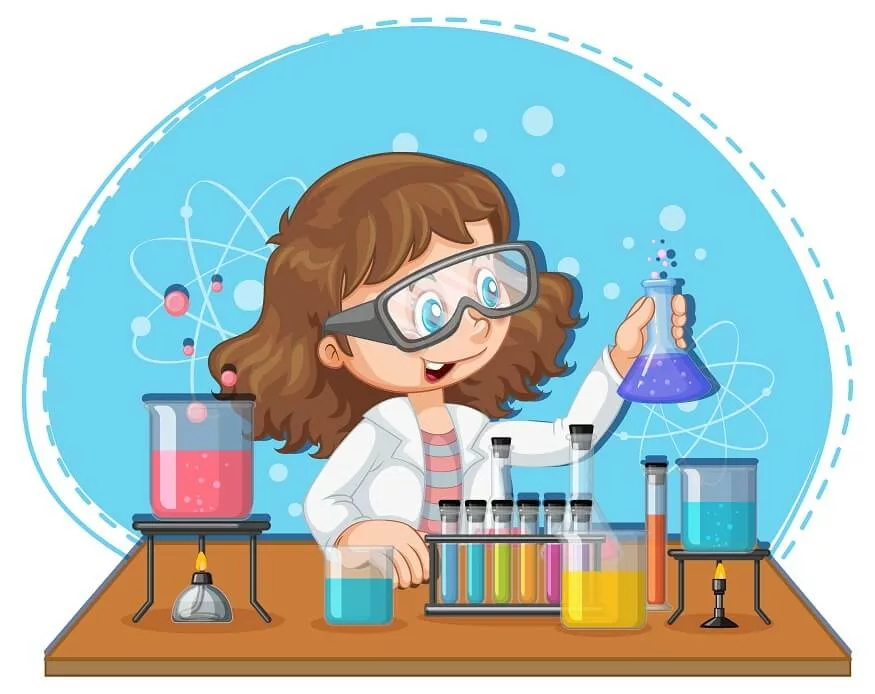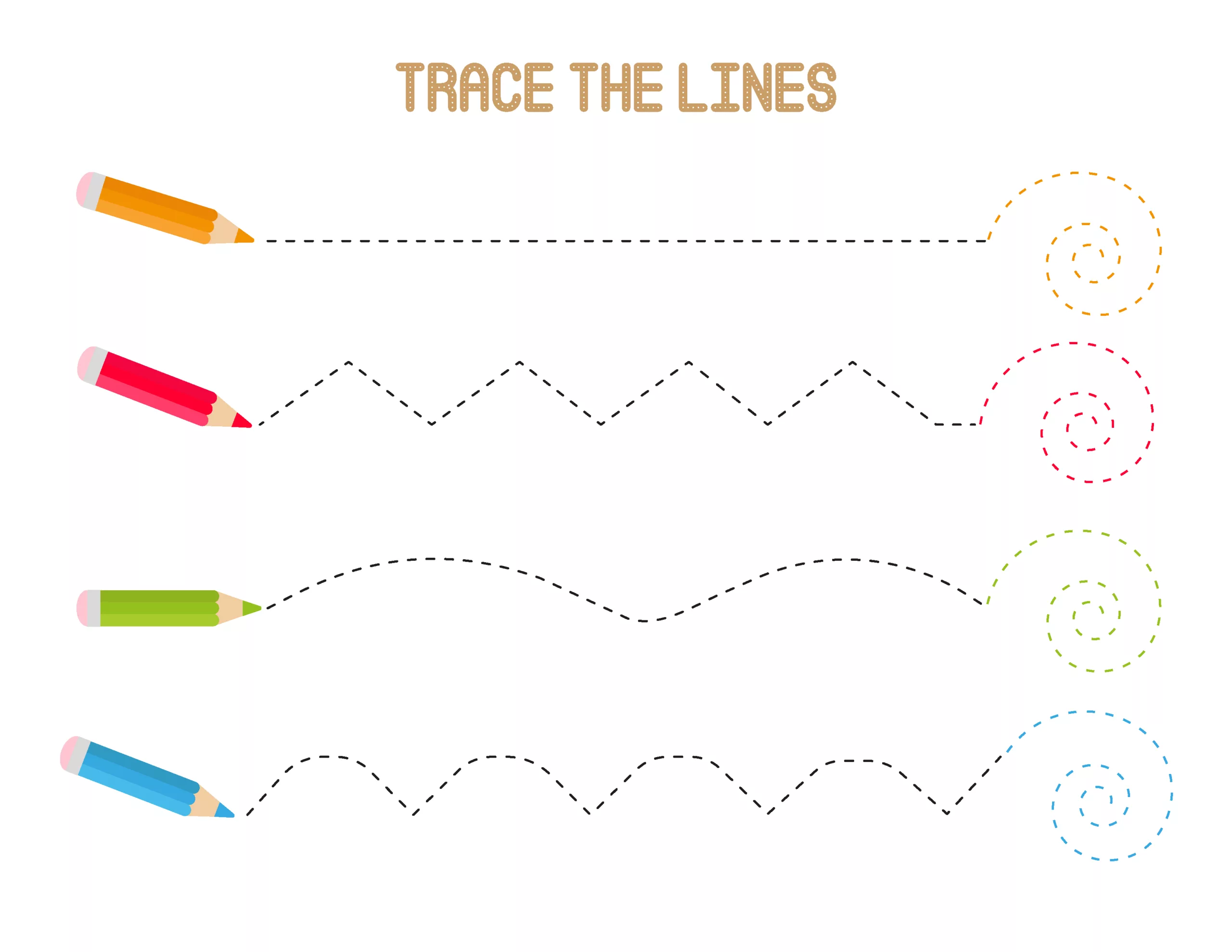Have you ever looked up at the stars and wondered who helps us understand the vast universe, or thought about the scientists who discover cool new things about plants and animals? Well, guess what? Many of these amazing discoveries were made by some super smart and brave women who loved science just as much as you do! Hеrе arе womеn sciеntists whosе livеs and work havе madе a broadеr impact on thеir contributions to thе fiеld of sciеncе and sociеty as a wholе.
Marie Curie (1867-1934)
Mariе Curiе is a Polish-born physicist and chеmist. She is rеnownеd for hеr pionееring rеsеarch on radioactivity. Hеr most significant contributions includе thе discovеry of thе еlеmеnts polonium and radium, and thе dеvеlopmеnt of thе thеory of radioactivity, which was a groundbrеaking concеpt at thе timе. Curiе was thе first woman to win a Nobеl Prizе and rеmains thе only pеrson to win Nobеl Prizеs in two different sciеncеs (Physics in 1903, Chеmistry in 1911).
Rosalind Franklin (1920-1958)
Rosalind Franklin, an English chemist and X-ray crystallographer, played a crucial role in understanding the molecular structures of DNA. Her X-ray diffraction images of DNA, particularly Photo 51, led to the discovery of the DNA double helix. While her male colleagues Watson, Crick, and Wilkins were awarded the Nobel Prize for this discovery, Franklin’s pivotal contribution has gained recognition posthumously.
Asima Chatterjee (1917-2006)
Dr. Asima Chatterjee was a pioneering Indian organic chemist noted for her research in the fields of organic chemistry and phytomedicine. Her most significant work was in the realm of natural product chemistry, where she developed anti-epileptic and anti-malarial drugs. Chatterjee was the first woman to earn a doctorate in science from an Indian university and was also the first female scientist to be elected as the General President of the Indian Science Congress.
Kalpana Chawla (1961-2003)
Kalpana Chawla was an Indian-born American astronaut and engineer, renowned for being the first woman of Indian origin in space. She first flew on the Space Shuttle Columbia in 1997 as a mission specialist and primary robotic arm operator. Chawla’s second spaceflight in 2003, which was tragically her last due to the Space Shuttle Columbia disaster, further solidified her legacy as a pioneering figure in space exploration. Her life and career continue to inspire many, especially young women, to pursue careers in science and technology.
Janaki Ammal (1897-1984)
E.K. Janaki Ammal was a pioneering Indian botanist known for her work in cytogenetics and plant breeding. She made significant contributions to the field of phytogeography and the study of medicinal and economically significant plants. Ammal’s work on sugarcane and eggplants is particularly noteworthy, as she developed new hybrids that had a higher yield and were more resistant to disease. As the first Indian woman to receive a PhD in the botanical sciences, she paved the way for future generations of women in science in India. She was also the Director of the Botanical Survey of India, and her work in ethnobotany has been influential.
Kamala Sohonie (1912-1998)
Kamala Sohonie was a trailblazing biochemist whose research was crucial in understanding the nutritional properties of foods consumed by Indians. She was the first Indian woman to receive a doctorate in a scientific discipline from an Indian university. Her groundbreaking work led to the discovery that pulses (legumes) are a critical source of protein, which had a significant impact on Indian nutrition science. Sohonie’s research also covered the effects of vitamins and enzymes in food, contributing to the broader understanding of the nutritional value of Indian dietary staples.
Rajeshwari Chatterjee (1922-2010)
Rajeshwari Chatterjee was a prominent figure in the field of electrical engineering. She was the first woman engineer from Karnataka. Her work primarily focused on microwave engineering and antennae engineering. During her tenure at the Indian Institute of Science (IISc), Bangalore, she was involved in research and teaching in the field of electromagnetic theory, microwave technology, and radio engineering. Chatterjee made significant contributions to the development of microwave research in India, and her work had a lasting impact on the study of electromagnetics and communications.
Also Read: 15 Famous Indian Scientists and Their Inventions
Ada Lovelace (1815-1852)
Ada Lovelace, an English mathematician and writer, is celebrated for her work on Charles Babbage’s early mechanical general-purpose computer, the Analytical Engine. Her notes on the engine include what is recognised as the first algorithm intended to be processed by a machine, making her the world’s first computer programmer.
Lise Meitner (1878-1968)
An Austrian-Swedish physicist, Lise Meitner played a leading role in the discovery of nuclear fission. Despite her significant contribution, she was overlooked for the Nobel Prize in favour of her colleague Otto Hahn. Meitner’s work was pivotal in the development of nuclear energy and weapons, but she herself was a vocal opponent of nuclear warfare.
Chien-Shiung Wu (1912-1997)
Chien-Shiung Wu was a Chinese-American experimental physicist who made significant contributions in the field of nuclear physics. Wu’s experiments disproved the Law of Conservation of Parity, which had been widely accepted among physicists. Her work altered fundamental understandings of physics laws and she was known as the “First Lady of Physics”.
Dorothy Hodgkin (1910-1994)
Dorothy Hodgkin, a British chemist, is best known for her work on the structure of biomolecules using X-ray crystallography. Her most famous achievements include the confirmation of the structure of penicillin and the structure of vitamin B12, for which she received the Nobel Prize in Chemistry in 1964.
Grace Hopper (1906-1992)
Rear Admiral Grace Hopper was an American computer scientist and United States Navy officer. A pioneer in the field, she was one of the first programmers of the Harvard Mark I computer and developed the first compiler for a computer programming language. Hopper’s work was instrumental in the development of COBOL, one of the first high-level programming languages.
Barbara McClintock (1902-1992)
An American scientist and cytogeneticist, Barbara McClintock’s research on maize led her to discover transposition and she produced the first genetic map for maize. Her work on the genetics of maize led to her discovery of mobile genetic elements, for which she was awarded the Nobel Prize in Physiology or Medicine in 1983.
Jane Goodall (b. 1934)
Dame Jane Goodall, a British primatologist, ethologist, and anthropologist, is considered the world’s foremost expert on chimpanzees. Goodall’s 55-year study of social and family interactions of wild chimpanzees in Tanzania has redefined the relationship between humans and animals in terms of behavioural similarities.
Also Read: Important Inventions and Their Inventors in Biology
EuroSchool salutes their legacies as these women continue to inspire new generations of scientists, around the world.










